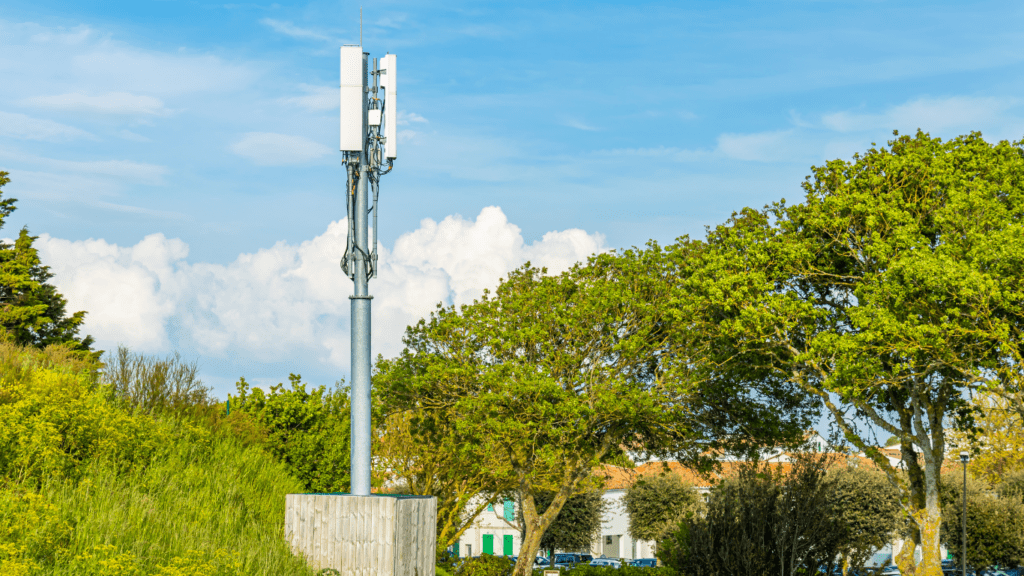The Social Surge Meets Gambling
What started as a few livestreamers spinning online slot machines for laughs has snowballed into a sprawling subculture. TikTok, YouTube, Twitch these platforms are now home to thousands of creators showcasing gambling habits mixed with daily life, product plugs, and high energy entertainment. The line between content and casino has blurred. Many viewers don’t even realize they’re watching gambling.
Influencers play a huge role. Some promote betting platforms with discount codes or claim to hit massive wins in “unsponsored” streams. The performative side of it the lights, the shouting, the suspense only makes it more addictive. For younger audiences, the jump from watching to playing is just a swipe and a click away. It feels casual, even normal.
The gray area is getting darker. Content framed as funny or aspirational masks risky behavior. Viewers often aren’t told when something is paid promotion. And with platforms getting cut of ad revenue or subscription boosts, not everyone has an incentive to clean house.
But the heat is rising. Public concern is growing. Activists, parents, watchdogs, and researchers are all calling for clearer guardrails. Countries are starting to take notice. Platforms won’t be able to play neutral much longer.
Explore the connection between social media and gambling
Regulatory Wake Up Call

Governments aren’t waiting anymore they’re drafting and passing laws faster than ever to keep pace with how gambling spreads online. Social media transformed into a frontline for influencer driven promotion, often blurring the line between entertainment and advertising. The shift has brought regulators back to the table, and they’re not pulling punches.
The UK is tightening rules around affiliate links and influencer disclosures, requiring clearer labeling on sponsored gambling content. Australia recently moved to outlaw online gambling ads during live sports events. Emerging markets like Brazil are scrambling to write their first digital gaming codes, often using influencer loopholes as their starting point. It’s a global catch up game and the players are out of breath.
But here’s the tradeoff: push too hard, and you risk infringing on expression and creativity. Go too soft, and you fail to protect users especially minors. The endgame isn’t censorship; it’s clarity. Regulators want transparency, brands want reach, and creators want freedom. Finding that balance in real time? That’s the rub.
The Push for Transparency and Age Control
Social platforms are finally feeling the heat and they’re reacting. Ad policies are getting stricter, at least on paper. You’ll notice more disclaimers, fewer overt gambling promotions, and vague language getting flagged more often. But are these efforts actually curbing exposure to risky content? That depends who you ask. Critics argue enforcement is sporadic and easily sidestepped. Some creators cloak gambling links behind lifestyle content and still slip through the cracks.
Regulators aren’t letting that slide. Across Europe, Australia, and parts of Asia, new rules are pushing for sharper disclosures and greater accountability. The message is clear: don’t hide gambling behind entertainment. Label it. Own it. And most importantly, keep it away from young users.
Platforms are rolling out more age gates and verification tools, but again, it’s a mixed bag. Some age checks are little more than pop ups. Others are tied into digital ID verification more secure, but also more complex to implement. The bottom line: systems are evolving, but loopholes remain. Until enforcement matches ambition, underage and vulnerable users still aren’t fully protected.
More on this evolving landscape: Social media and gambling
Looking Ahead
Regulators aren’t backing off. In fact, expect 2024 to bring a new batch of policy updates aimed squarely at gambling content on social platforms. We’re talking stricter ad disclosure rules, clearer boundaries for influencer partnerships, and global attempts to align local laws with the realities of digital consumption. It’s not just about flagging the obvious you’ll see more attention on the murky gray stuff: livestream giveaways, embedded betting links, and gamified promotions masquerading as entertainment.
Tech will be the muscle behind enforcement. AI tools are already flagging problematic content faster than any human team could. Going forward, digital ID checks and smart verification layers may become standard, especially for betting related streams and paid collaborations. The friction will go up but the goal is control, not censorship.
One thing’s clear: no single player can solve this alone. Platforms, brands, and regulators will have to start building smarter, faster systems together. Without real collaboration, the whack a mole approach to gambling regulation on social media will fall short. The next chapter isn’t just regulation it’s coordination.



